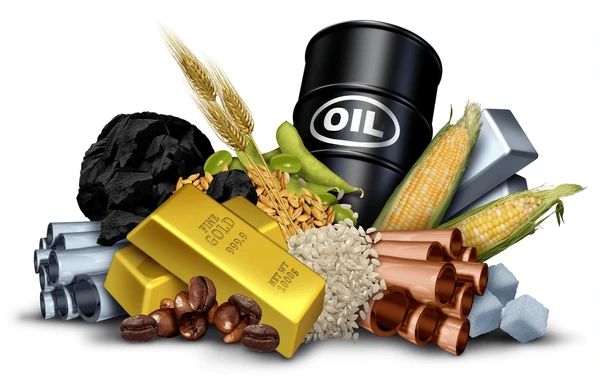Bitumen is a complex and very complicated material that has long been known by humans and has been used in the manufacture of construction and decorative items, artificial prostheses, ship waterproofing and even mummification

Bitumen, also known as asphalt, is a viscous, black, and sticky material that is primarily used in road construction and waterproofing applications. It is a semi-solid form of Petroleum and is commonly obtained from Crude oil during the refining process. Bitumen is composed of complex hydrocarbon molecules, including polycyclic aromatic compounds. It has a high carbon content and is classified as a highly viscous material, with properties ranging from semi-solid to solid at room temperature. Bitumen's consistency can vary depending on its source and the refining processes it undergoes.
In road construction, bitumen is used as a binder that holds together aggregates like crushed stone, sand, and gravel to create asphalt concrete. This mixture, known as asphalt pavement, provides a durable and flexible surface for roads, parking lots, and airports. Bitumen's ability to withstand heavy traffic loads and resist damage from weather conditions makes it an ideal material for road surfaces. Additionally, bitumen is used for waterproofing applications in the construction industry. It is applied as a protective coating or membrane to roofs, foundations, and other structures to prevent water penetration.
Bitumen is a complex and very complicated material that has long been known by humans and has been used in the manufacture of construction and decorative items, artificial prostheses, ship waterproofing and even mummification. Bitumen occurs naturally from under the earth's crust in the form of springs, lakes and surface mines in solid and liquid form. In fact, it was natural bitumen that was used by human ancestors in the past and was used in road construction in the late nineteenth century. Asphalt surfaces made with bitumen today provide very smooth and safe roads for light and heavy vehicles and quality runways for landing and take-off of aircraft and even excellent rail infrastructure for trains.
Building moisture insulation and industrial applications such as protective coatings for oil and gas transmission line pipes and power transmission lines all indicate the bitumen coverage and water resistance. Bitumen is a colloidal compound consisting of several components. The main components of bitumen are asphaltene and Maltin. In this colloidal system, high-molecular-weight, highly polar asphaltene suspended molecules are dispersed in the oily medium of Maltin solvent. Maltin is an attached phase that contains saturated, aromatic and Resin compounds.
Carbon and hydrogen are the two main constituents of hydrocarbons in petroleum bitumen, in addition to which other elements such as oxygen, sulfur, Nitrogen and a small amount of some Metals are also found. Recognition of hydrocarbons, which are the major constituents of petroleum bitumen, affects all physical, chemical, mechanical and, consequently, bitumen behavior.
Each of the main constituents of bitumen affects the properties and performance of bitumen. The Chemical and physical properties of bitumen in general should be evaluated as a result of the effect of these compounds according to their quantitative ratios that differ in different bitumens. Asphalt, for example, causes bitumen to harden, and Maltin provides its adhesion and ductility properties. Maltin affects the bituminous properties of bitumen.
Bitumen has several desirable properties that make it suitable for its various applications. These include high viscosity, good adhesion, flexibility, resistance to deformation under traffic, and water resistance. Bitumen can also be modified by adding polymers or other additives to enhance its performance characteristics. It is worth noting that the term "asphalt" is often used interchangeably with "bitumen" in certain regions, particularly in North America, where "asphalt" refers to the mixture used in road construction. In other parts of the world, "asphalt" generally refers to the road surface, while "bitumen" refers to the material itself.





